Blogs and Free Resources
Here at °ÅÀÖÊÓƵ, our mission is to provide professionals like you with FREE practical and valuable tools, strategies,
and resources to assist with the great work you do. Find expert tips, helpful worksheets, demonstration videos, CE, news,
and more here. Happy learning!

Why is Narcissistic Abuse So Hard to Treat?
5 Reasons Clinicians Struggle, Plus Expert Advice on How to Improve
Narcissism is a ubiquitous term these days, but when it shows up in therapy—even indirectly—most clinicians aren’t sure how to approach it. Dr. Ramani Durvasula shares the reasons it can be so difficult for clinicians to recognize and treat narcissistic abuse.
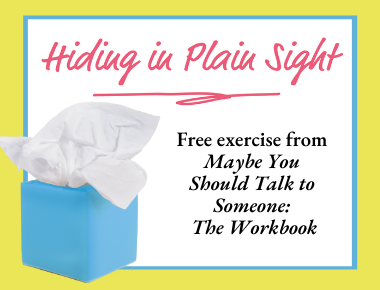
Hiding in Plain Sight
Free exercise from Maybe You Should Talk to Someone: The Workbook
What causes people to seek out the same type of dysfunctional relationship again and again? Best-selling author Lori Gottlieb reflects on the processes that keep people from moving forward and provides an exercise to help clients unearth hidden patterns in their lives.

Finding Healthy Attachment
Discover how attachment-based relationships provide a foundation for healing trauma
Christina Reese has dedicated her life’s work to helping those with trauma live healthier, happier, and more fulfilling lives. Learn how her newest book, Trauma and Attachment, can guide clients from a place of fear to healthy attachment.
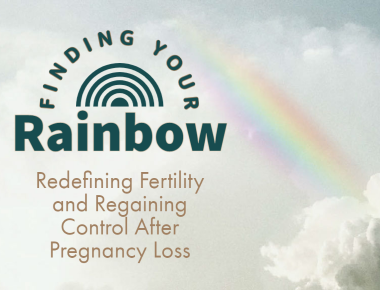
Finding Your Rainbow
Redefining Fertility and Regaining Control After Pregnancy Loss
Although pregnancy loss often takes away our sense of agency and control, we can use our values as a compass to find our own unique rainbow and live a fertile life.

Mourning Together, but Differently
Healing Your Relationship After Pregnancy Loss
When you’re consumed by the grief and trauma associated with pregnancy loss, it can be difficult to understand what your partner is going through—particularly if their experience of the loss differs widely from your own. But by taking a step back to consider their perspective and their experience, it is possible to develop greater compassion and find connection in the relationship again.
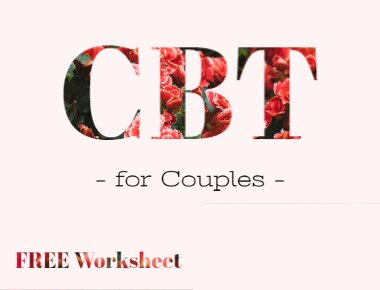
CBT for Couples
FREE worksheet to improve communication, navigate problems, and build strong relationships.
John Ludgate, Ph.D., F.A.C.T., shares his powerful, FREE CBT for Couples worksheet. So, if you’re a clinician who works with relationship issues, you’ll want this hands-on, practical tool today.

What Hookup Culture Means for the Future of Millennial Love
Alexandra Solomon on the Emotional Toll of Hypersexualized Dating
Even though young adults seem to be craving some safety to balance their adventure, hookup culture continues to thrive, as much as many therapists would love to see young adults create something more fulfilling than ambiguous, drunken, unsatisfying sex. Whatever changes lie ahead in our cultural rituals for coming-of-age relationally, we’ll be seeing in our therapy practices the emotional legacy of hookup culture, in all its rawness and frantic incoherence, for many years to come.
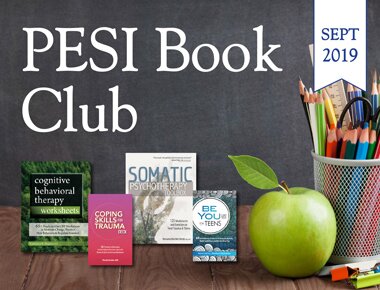
°ÅÀÖÊÓƵ Book Club: September 2019
Our latest new releases and a free worksheet!
New school year, new books and card decks! Here are three new releases as well as one of our customer favorites.

The Gottmans on Mastering the Brain’s 7 Pathways to Emotional Connection
What Successful Couples Are Doing Right
John and Julie Gottman explain what research has revealed about the crucial role the brain’s seven different command systems can play in enhancing the quality of couples’ emotional connection.
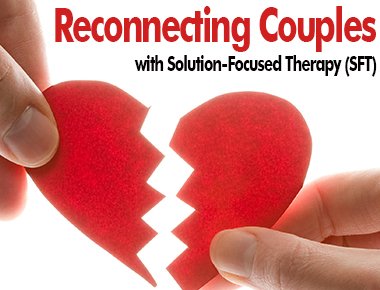
Reconnecting Couples with Solution-Focused Therapy
Solution-Focused Therapy helps clients recognize their internal resources, identify personal strengths and build on what is already working for them.
Elliott Connie — Designed to complement any therapeutic framework, the Solutions Focused Therapy (SFT) approach engages and activates clients to make a change, whether they are new to therapy or have found themselves "stuck" in the therapeutic process.
The SFT approach helps your clients identify, create, and live the kind of life they've been longing for.

